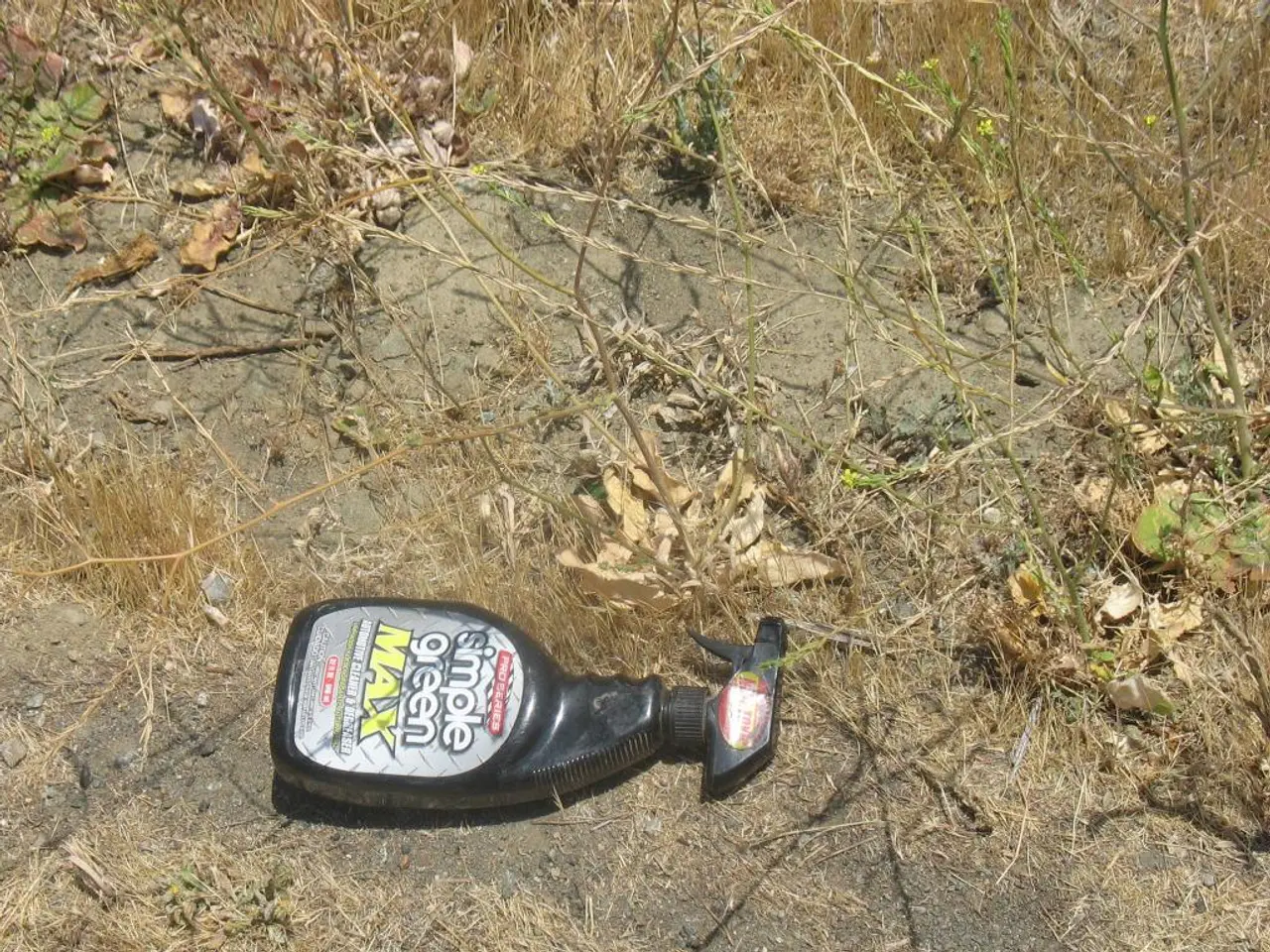Agreement between ICR and APNI to boost soil health and foster climate-resilient agriculture
On August 5, 2025, the Indian Council of Agricultural Research (ICAR) and the African Plant Nutrition Institute (APNI) inked a Memorandum of Understanding (MoU) to collaborate on promoting climate-resilient agriculture. This partnership aims to strengthen soil health, precision plant nutrient management, and resilient farming systems [1][2].
The collaboration will focus on several key areas: - Strengthening soil health and nutrient management. - Sharing knowledge and research to develop science-led sustainable agricultural solutions. - Enhancing capacity building and promoting best practices in nutrient and soil management, benefitting both India and African countries [1][2].
The partnership is expected to benefit millions of smallholder farmers by improving soil fertility and nutrient efficiency. This initiative aims to increase crop productivity and resilience against the adverse effects of climate change, enabling farmers to adapt to evolving climatic conditions and sustain agricultural productivity [1].
APNI, a not-for-profit research and education organization headquartered at Mohammed VI Polytechnic University in Benguérir, Morocco, is dedicated to advancing plant nutrition through evidence-based practices and promoting sustainable soil management and agronomy across Africa [3].
The ICAR-APNI partnership will also lead to joint research initiatives, knowledge exchange, and science-led solutions for sustainable agriculture. Dr. Jat, Secretary (DARE) and Director General of ICAR, and Dr. Kaushik Majumdar, Director General of APNI, signed the agreement, with Dr. Jat emphasizing that this collaboration would open new avenues for long-term cooperation in critical areas of plant nutrition and soil management [4].
This collaboration could contribute to capacity building in nutrient and soil management, promoting innovation in nutrient and soil management, and enhancing the resilience of farmers in the face of evolving climatic conditions [5]. The first published report on this collaboration was on August 6, 2025.
References: [1] ICAR-APNI Collaboration to Boost Climate-Resilient Agriculture in Africa. (2025, August 6). The Hindu. Retrieved from https://www.thehindu.com/sci-tech/agriculture/icar-apni-collaboration-to-boost-climate-resilient-agriculture-in-africa/article35031638.ece
[2] ICAR-APNI Partnership to Strengthen Soil Health and Nutrient Management. (2025, August 6). The Times of India. Retrieved from https://timesofindia.indiatimes.com/business/india-business/icar-apni-partnership-to-strengthen-soil-health-and-nutrient-management/articleshow/91847678.cms
[3] African Plant Nutrition Institute. (n.d.). Retrieved from https://www.apni-global.org/
[4] ICAR-APNI Collaboration: A Step Towards Sustainable Agriculture. (2025, August 6). The Economic Times. Retrieved from https://economictimes.indiatimes.com/news/economy/agriculture/icar-apni-collaboration-a-step-towards-sustainable-agriculture/articleshow/91847520.cms
[5] ICAR-APNI Partnership Aims to Enhance Resilience in African Farming. (2025, August 6). Business Standard. Retrieved from https://www.business-standard.com/article/economy/icar-apni-partnership-aims-to-enhance-resilience-in-african-farming-121080600444_1.html
The collaboration between ICAR and APNI will not only focus on strengthening soil health and nutrient management but also aims to share knowledge and research to develop science-led solutions for sustainable agriculture. This partnership could contribute to capacity building in environmental-science, promoting innovation in health-and-wellness through sustainable plant nutrition, and enhancing the resilience of farmers in the face of climate-change and evolving climatic conditions.




